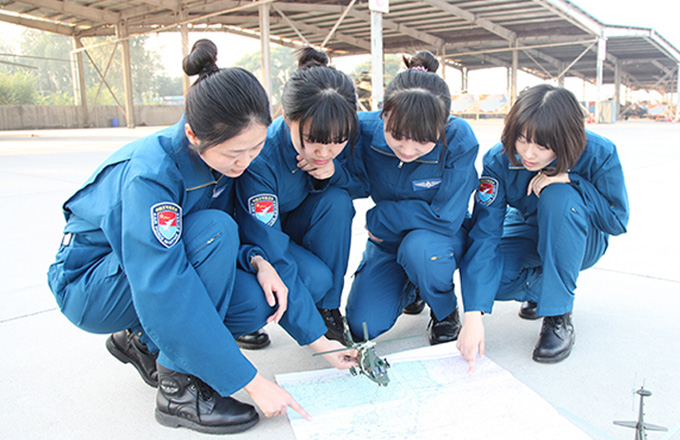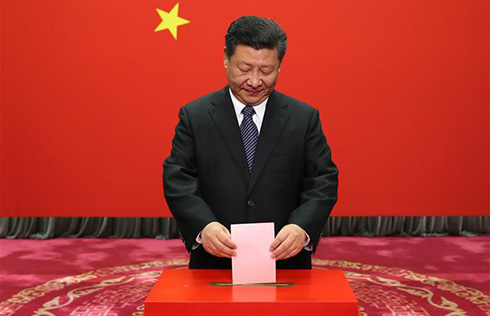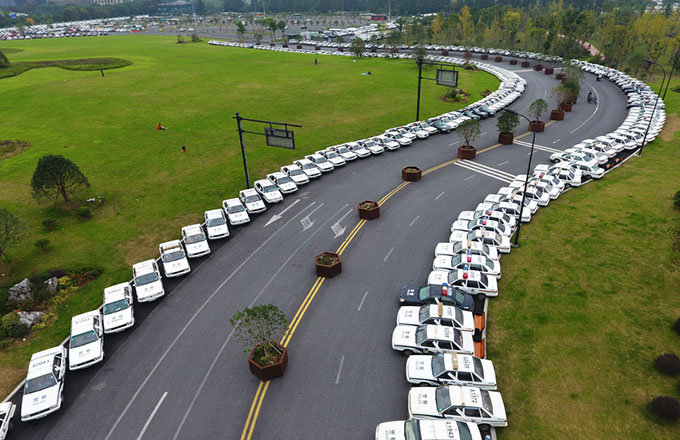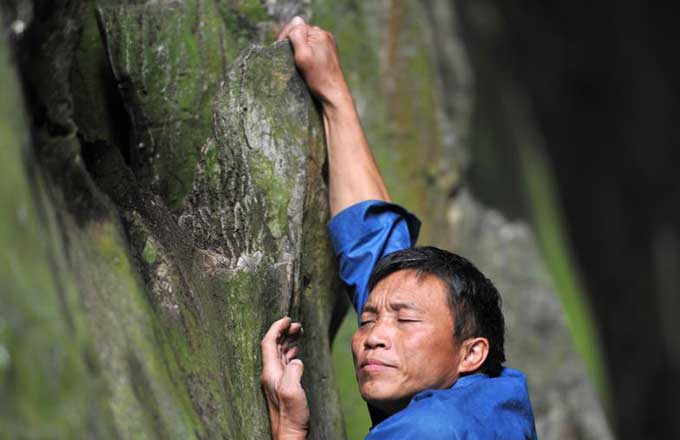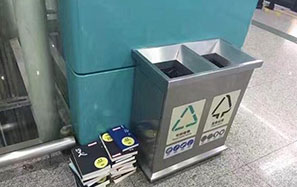Pilot projects to improve oversight efficiency
For Lyu Xiaodong, a grassroots disciplinary official in Zhejiang province, recent moves by the Communist Party of China Central Committee will help improve the efficiency of discipline inspection work.
China has launched a pilot program in Beijing, as well as Shanxi and Zhejiang provinces, to make the current supervision system more authoritative and efficient, according to a statement released on Monday by the general office of the CPC Central Committee.
It said supervision committees will be established as part of the pilots.
Zhuang Deshui, deputy director of the clean government research center at Peking University, said the pilots were chosen as a foundation for anti-corruption.
It is unusual to pilot reforms in Beijing, and this move reflects China's determination to press ahead with reform, Zhuang said.
Zhejiang has established a work group, led by Xia Baolong, the province's top official, to deepen reform of the province's supervision system.
Though a concrete plan has yet to be rolled out, Lyu, head of the Party discipline inspection committee in Qingyuan county, Lishui, said the new committee will target more people.
The commission for discipline inspection only inspects CPC members. The new supervision committee will eliminate blind spots, mobilize more anti-corruption resources, integrate procuratorates, and audit commissions and corruption prevention bureaus, to reinforce anti-corruption efforts, Lyu said.
Li Yongzhong, former deputy head of the Chinese Discipline Inspection Institute, echoed Lyu's views. Li highlighted the extent of the reform's coverage.
The current supervision system only covers the country's administrative organs. The people's congress, the political consultative body, courts and procuratorates are excluded, Li said.
The new plan will make everyone on the government payroll subjects of the supervision committee, even those in public hospitals and schools, he said.
"According to the current Administrative Supervision Law, China's local supervision authorities are not independent," he explained. "They are under the administration of governments. Sometimes, the personnel and financial affairs of the supervision departments were controlled by the local governments."
He said the reform of the current supervision system, one of the most important political reforms, indicated China's determination to deepen reform and combat corruption.
Li said China's anti-corruption campaign has been upgraded since the 18th CPC National Congress in late 2012, and it has won applause from home and abroad.
Shanxi has also set up a reform work group, and a plan is being formulated. The province has shocked the country with a spate of corruption cases. In 2014, seven provincial-level officials were placed under investigation, along with 45 city-level and 545 county-level officials.
"Choosing Shanxi for the pilot showed the central government's recognition of Shanxi's anti-corruption efforts," said Li Guoxiang, a research fellow at the Shanxi Provincial Academy of Social Sciences.
"The supervision reform in Shanxi will also provide vital experience," he said.


